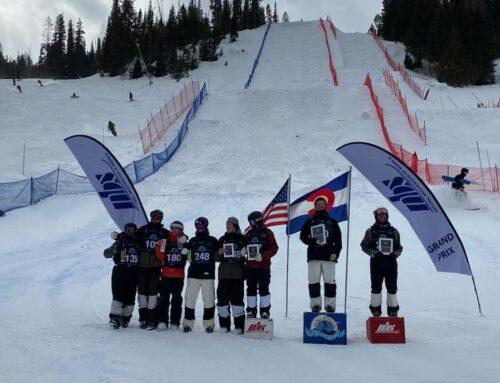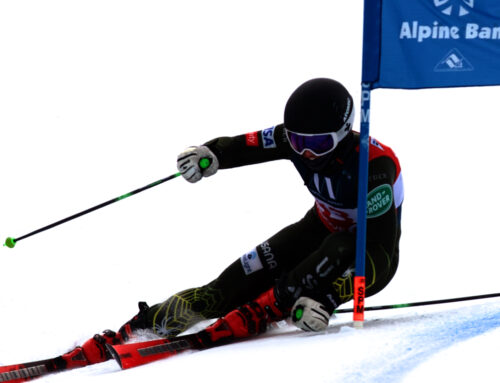Confidence: Where does it come from, how does one get it and why might it fluctuate?
Before these questions are answered a few things can be considered:
Confidence is a skill: Athletes have to choose actions and ways of thinking that increase confidence. In general it is part of a long term process.
Types of confidence: There is a difference in being confident as a person as a whole (trait confidence) and having confidence day to day, moment to moment or in a particular trick, event or skill (state confidence). However these aspects work together. Being confident in a task can increase overall confidence and confidence on the whole (believing that one is basically a good and capable person) can make it easier to take on challenges in specific situations.
Understanding attribution: How we make sense of things can influence how much confidence we build. For example if an athlete sees the new trick that they just qualified as within their control (they did things to make this happen), likely to happen again (optimistic they can reproduce this process in other situations and that it is possible to happen again) then they are likely to have increased confidence. However, if the same athlete sees the same situation as a fluke, “I normally suck so today was just an accident” and they don’t see how their effort can improve the situation, then this will not build confidence.
So where does confidence come from and how does one get it?
Confidence comes from choices and actions everyday. Examples of these choices and actions include being on time to training, giving 100% effort and being present to dryland, having a clear focus for the day and generally being present to what you are doing so that you can get it done in a timely fashion. How easy is it to let time get away from us and thus lose chances to build confidence? The confidence and pride that one gets from these small moments adds up and appears as a solid powerful state to an outsider. However the confident individual knows and acknowledges the work they have put in. To the confident individual it can become such a way of thinking and acting that as one enters competition there is no doubt that they have done everything they can to prepare for that moment.
This suggestion by Navy Seal Admiral McRaven given during a graduation speech echoes the same sentiment. “Start every day making your bed, which is the first task of the day at seal training. If you do so, it will mean that the first thing you do in the morning is to accomplish something, which sets the tone for the day, encourages you to accomplish more, and reinforces that little things in life matter. And if by chance you have a miserable day, you will come home to a bed that is made-that you made, and a made bed gives you encouragement that tomorrow will be better.”
So why might it feel like confidence fluctuates?
In sport it could be influenced by the increased focus on one skill, trick or set of skills. When there is a hyperfocus on skiing skills, or for example slalom skiing skills, the state confidence of slalom skilling could bleed over into the trait confidence of the athlete as a person. Their slalom skills could become part of their identity, so when they have a not so great day on the hill they feel like a not so great person. One balanced approach to smooth this fluctuation is: “Skiing/Snowboarding is something I do, not who I am







Follow SSCV